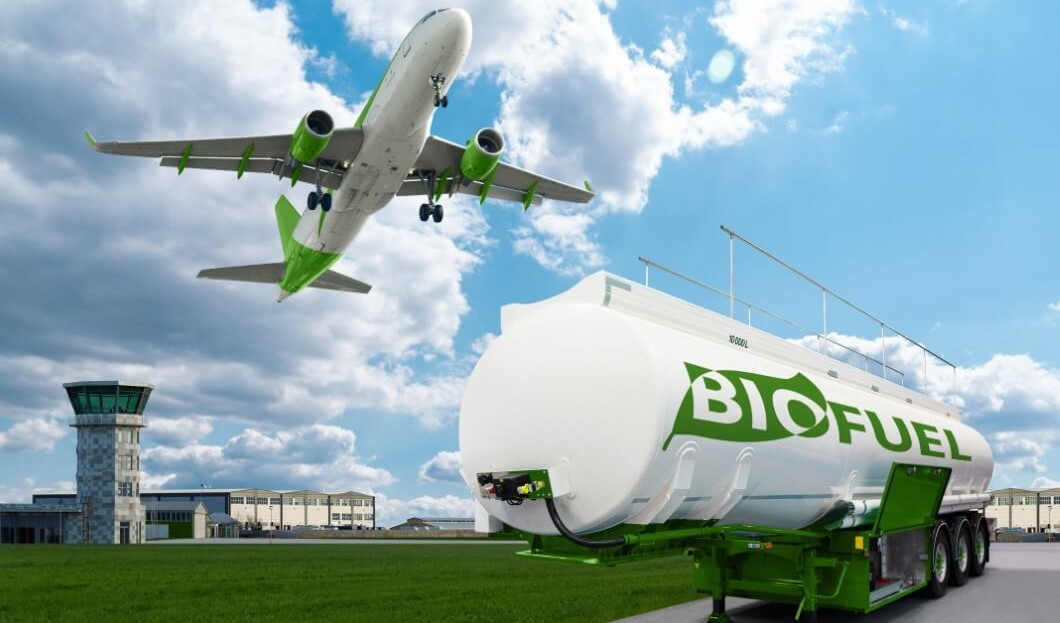The European Commission will encourage the use of clean aviation fuel (SAF) through tax exemptions, as proposed last week in a new plan known as “Fit for 55”, which the EU wants to achieve the goal of reducing carbon emissions by 55% due to 2030 (return to 1990 levels).
The plan provides that environmentally friendly and alternative aviation fuels will benefit airlines from tax exemptions. Airlines will be forced to load aviation fuel and SAF on departure from EU airports. In addition, it is also forcing aviation fuel suppliers to include more SAF, increasing to 5% in 2030 and to 63% by 2050.
The proposal aims to promote advanced biofuels and synthetic fuels produced from clean electricity in accordance with the sustainability requirements of the revised Renewable Energy Directive (RED).
CO2 emissions must be assessed “to encourage consumers, producers and innovators to choose clean technologies and products,” said European Commission President Ursula von Der Leyen, outlining the main goals of the new roadmap for the European Union to lead the international climate struggle. that the aviation and maritime sectors will also be included in the European Emissions Trading Scheme (EU ETS).
In the tax section, the Commission introduces minimum tax rates applicable to environmentally friendly aviation fuel used for intra-community flights, which “will better take into account the environmental costs of fossil fuels and encourage the use of more environmentally friendly aviation fuels”.
The proposed tax rates on aviation fuel will be gradually increased over 10 years to a minimum rate of € 10.75 per GJ in EU countries.
In addition to reducing pollution and noise from stationary aircraft, the plan introduces a regulation on the supply of electricity to all stationary aircraft at the airports of the main network and the TEN-T global network instead of aviation fuel. The decision will apply to all landings from 2025, and to all field posts in 2030.
Another measure under the proposal is the abolition of the exemption from taxes on fuel used for intra-community flights. However, given that intra-community flights have a high market share only for cargo flights that cannot be taxed under international agreements, RED proposes to maintain the tax exemption strictly for cargo flights. In this way, “equal conditions will be maintained between EU and third-country carriers,” Von Der Layen said.

